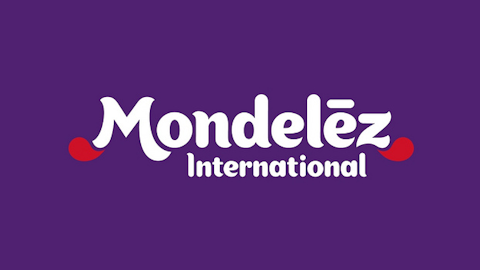Investors want yield, and banks want to give it to them. There’s nothing wrong with that, usually — except when investor demand begins to sway lenders into making riskier loans to bundle and sell as securities. This is exactly what seems to be happening, as commercial lending is hitting the big time, even to the extent of basing several investment instruments on a single commercial loan.
Similarly, leveraged loans are hot these days, as well. As in the days before the crisis, the riskiest loans create the highest yield, and competition spawns a reduction in the protections, or covenants, that are customarily placed on these loans to protect the lender — and, by extension, the investor.
Should the return of these covenant-lite loans be a red flag for investors, or, as some say, are they actually much safer than they are made out to be?
Moody’s sounds the alarm
Last month, Moody’s released a report that purported that cov-lite loans might cause investors distress in the event of an economic downturn, primarily because of the lender’s inability to prod distressed companies into restructuring in the absence of such a covenant. This coincides with a rash of cov-lite loans being extended to companies in dubious financial health, which could be adversely affected by higher interest rates.
There’s no doubt that the volume of these loans has risen dramatically. The highest recorded was in 2007, with volume of $96.6 billion; in April, Forbes noted that this year’s volume had already reached $93.5 billion. While this high-speed production is eye-popping, does it really translate into higher risk?
Recovery rates are historically high
While you might assume that a clause giving a lender the right to step in and force changes to a floundering company would be protective, some analysts disagree. Felix Salmon does a dandy job of explaining how these loans outgrew the small-town banker and business-owner handshake deals of yesteryear and developed into the high-flying financial instruments they are today. But, while covenants evolved to supplant the earlier word-of-honor method of loaning money, Salmon argues that forcing a company to restructure when it is unnecessary is not helpful. In fact, doing so could ostensibly push a borrower into default, when butting out would have allowed the company to right itself in its own time.
This may sound counterintuitive, but as Salmon shows using Moody’s own data, both default rates and recovery rates are quite stellar for these loans — with banks being able to recover nearly 90% of value from those loans that did default. This, Salmon asserts, is because of subordination of the debt, which protects the cov-lite loan against severe losses.
Are they safe?
All the foregoing seems to make arguing about safety akin to picking nits, but at least some commenters are sounding the alarm about the escalating issuance of these kinds of leveraged loans. At the recent Milken Institute Global Conference, The CEO of Apollo Group Inc (NASDAQ:APOL) noted that investors should remember how, during the financial crisis, a good number of these loans went belly-up.
Also, while the debt of healthy companies is less onerous, those on shakier ground will obviously carry more risk. Citigroup Inc (NYSE:C) has been active in originating collateralized debt obligations backed by subprime auto loans, and Goldman Sachs Group, Inc. (NYSE:GS) has been selling the debt of companies with ratings of CCC — or lower. Many of these loans were covenant lite, and according to analysts at Morgan Stanley (NYSE:MS) — also a player in the CLO market — sales of these instruments have been brisk.
While the low default rate on these loans is encouraging, it is notable that Fitch Ratings recently commented on the growth of this market and the fact that the caution of the post-crisis era appears to be diminishing. Importantly, Fitch pointed out that at the same time as profits are flagging, corporate debt is rising. That last part alone sounds like a warning bell to me.
The article Are “Cov-Lite” Loans Bad for Investors’ Financial Health? originally appeared on Fool.com.
Fool contributor Amanda Alix has no position in any stocks mentioned. The Motley Fool recommends Goldman Sachs. The Motley Fool owns shares of Citigroup.
Copyright © 1995 – 2013 The Motley Fool, LLC. All rights reserved. The Motley Fool has a disclosure policy.




